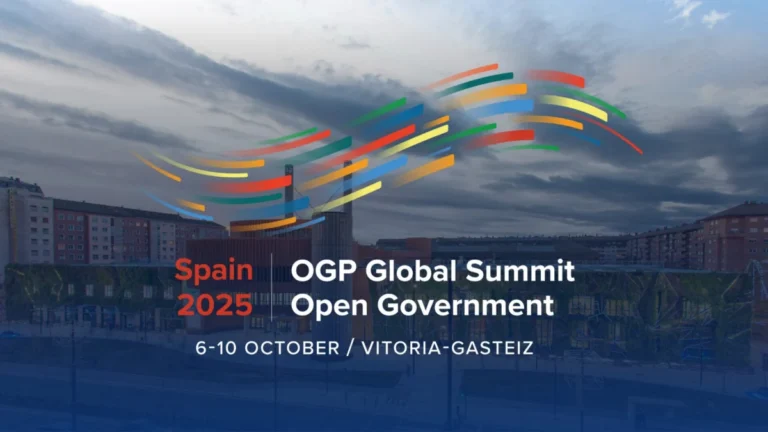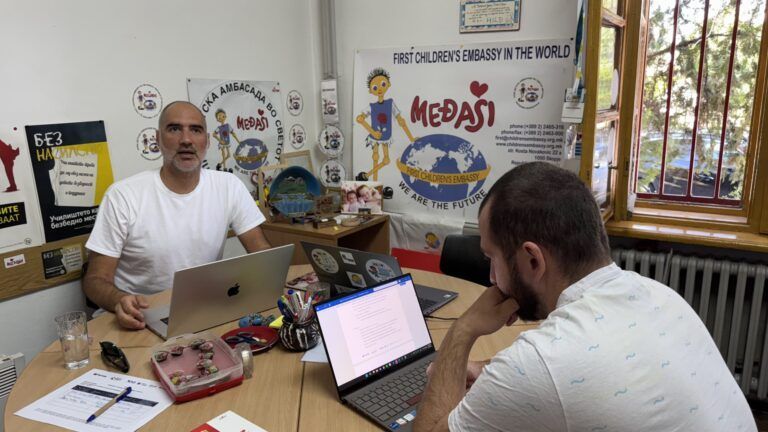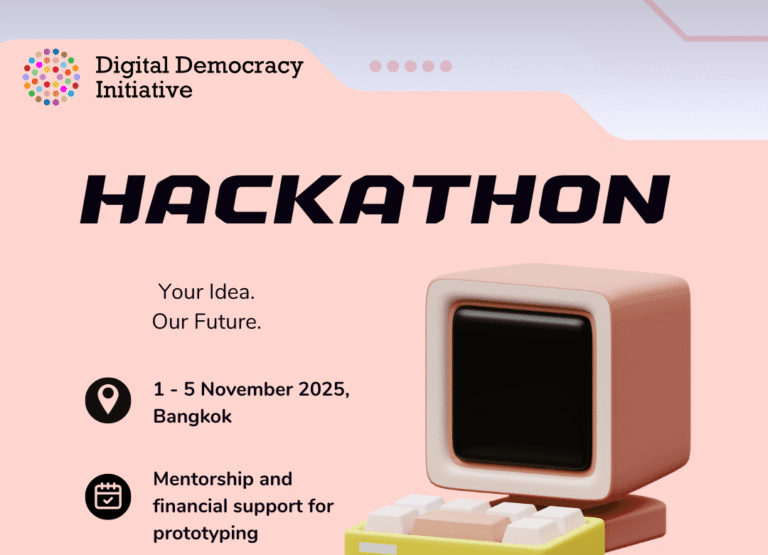The Metamorphosis Foundation for Internet and Society, for the second year in a row, publishes a
CONTEST
For the annual “Ilija Županoski” Award for journalists, civil society organizations, and individuals who contribute to combating disinformation in the country.
Two annual awards will be given in the following categories:
A. Best journalistic work, i.e. professional work prepared by civil society organizations and individuals that may relate to:
complex fact-checking to expose widespread disinformation in public discourse;
fact-checking to uncover a series of similar or thematically close disinformation in public discourse;
analyses of the problem of disinformation or of thematic or other segments of this phenomenon with recommendations for overcoming it;
analyses of future trends in the field of disinformation and expectations of possible disinformation types and trends in the future (pre-bunking);
expert/analytical papers/research findings that advance the fight against disinformation;
investigative stories about the origin and/or movement/spread of disinformation through the public sphere and its consequences;
analyses of the consequences caused by highly harmful disinformation and the future expected damages from them;
detection of disinformation narratives and actions present in the region and Europe that have the reach (or tendency to reach) to cause harm in North Macedonia; and
other professional and journalistic works in the field of dealing with disinformation.
B. Educational multimedia content prepared for young people aged 18 to 28, where information and communication technologies are used in a creative and innovative way, in order to reach young people and educate them to strengthen resilience against disinformation.
The right to participate is open to all those who (individually or in groups) have created and published the material (from the categories under A. and B. listed in the Contest) in a newspaper, on television, or on internet portals (online media outlets) in the period from November 1, 2024 to October 1, 2025 .
Authors may also submit a series of interconnected pieces of content, but relating to a specific topic. By submitting to the Contest, the author agrees that his/her work will be re-published in a Proceedings, which is a special electronic publication that may be prepared by Metamorphosis, after the Contest ends.
The submitted materials will be reviewed by a committee of relevant representatives from the media and public spheres.
When evaluating materials, preference will be given to those materials that:
Refer to disinformation that has a high capacity to cause harm in society;
Expose disinformation that concerns the broad public interest, i.e. affects a large number of citizens of the Republic of North Macedonia;
Increase knowledge or gain new insights into the problem of disinformation and offer solutions to address the problem; and
Have a creative, contemporary, effective, and innovative approach in presenting findings to the general public.
The contest is open until October 1, 2025. Applications should be submitted to info@metamorphosis.org.mk with the following subject: For the annual “Ilija Županoski” award for journalists, civil society organizations, and individuals who contribute to combating disinformation in the country.
The award for the first category “Best journalistic or professional work” is 2,000 euros in denar equivalent.
The prize for the second category “Educational multimedia content prepared for young people aged 18 to 28” is 1,000 euros in denar equivalent.
Employees of Metamorphosis are not eligible to participate in the Contest. External collaborators of Metamorphosis are also not eligible to participate in the Contest with materials that were/are prepared and published within the framework of projects implemented by Metamorphosis.
The application consists of:
Completed form for the appropriate category (available in attachment).
А Application form
B Application form
For additional information and questions, please contact us via email at info@metamorphosis.org.mk with the subject: “Annual “Ilija Županoski” Award for journalists, civil society organizations, and individuals who contribute to combating disinformation in the country” no later than September 1, 2025.







